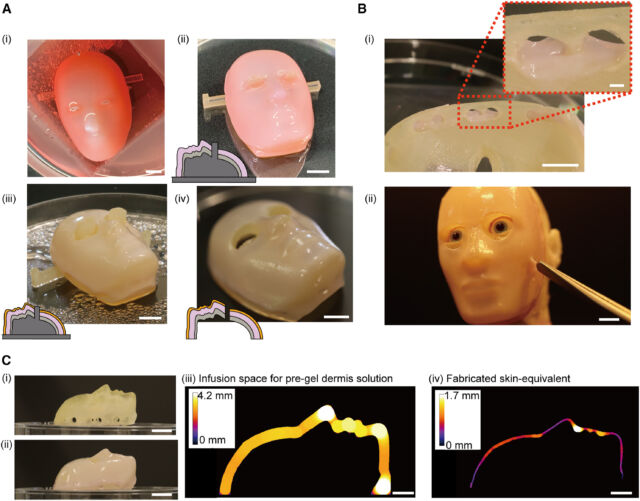Harvard beats Trump as judge orders US to restore $2.6 billion in funding
Burroughs’ footnote said that district courts try to follow Supreme Court rulings, but “the Supreme Court’s recent emergency docket rulings regarding grant terminations have not been models of clarity, and have left many issues unresolved.”
“This Court understands, of course, that the Supreme Court, like the district courts, is trying to resolve these issues quickly, often on an emergency basis, and that the issues are complex and evolving,” Burroughs wrote. “Given this, however, the Court respectfully submits that it is unhelpful and unnecessary to criticize district courts for ‘defy[ing]’ the Supreme Court when they are working to find the right answer in a rapidly evolving doctrinal landscape, where they must grapple with both existing precedent and interim guidance from the Supreme Court that appears to set that precedent aside without much explanation or consensus.”
White House blasts “activist Obama-appointed judge”
White House spokesperson Liz Huston issued a statement saying the government will immediately appeal the “egregious” ruling. “Just as President Trump correctly predicted on the day of the hearing, this activist Obama-appointed judge was always going to rule in Harvard’s favor, regardless of the facts,” Huston said, according to the Harvard Crimson.
Huston also said that “Harvard does not have a constitutional right to taxpayer dollars and remains ineligible for grants in the future” in a statement quoted by various media outlets. “To any fair-minded observer, it is clear that Harvard University failed to protect their students from harassment and allowed discrimination to plague their campus for years,” she said.
Harvard President Alan Garber wrote in a message on the university’s website that the “ruling affirms Harvard’s First Amendment and procedural rights, and validates our arguments in defense of the University’s academic freedom, critical scientific research, and the core principles of American higher education.”
Garber noted that the case is not over. “We will continue to assess the implications of the opinion, monitor further legal developments, and be mindful of the changing landscape in which we seek to fulfill our mission,” he wrote.
Harvard beats Trump as judge orders US to restore $2.6 billion in funding Read More »







